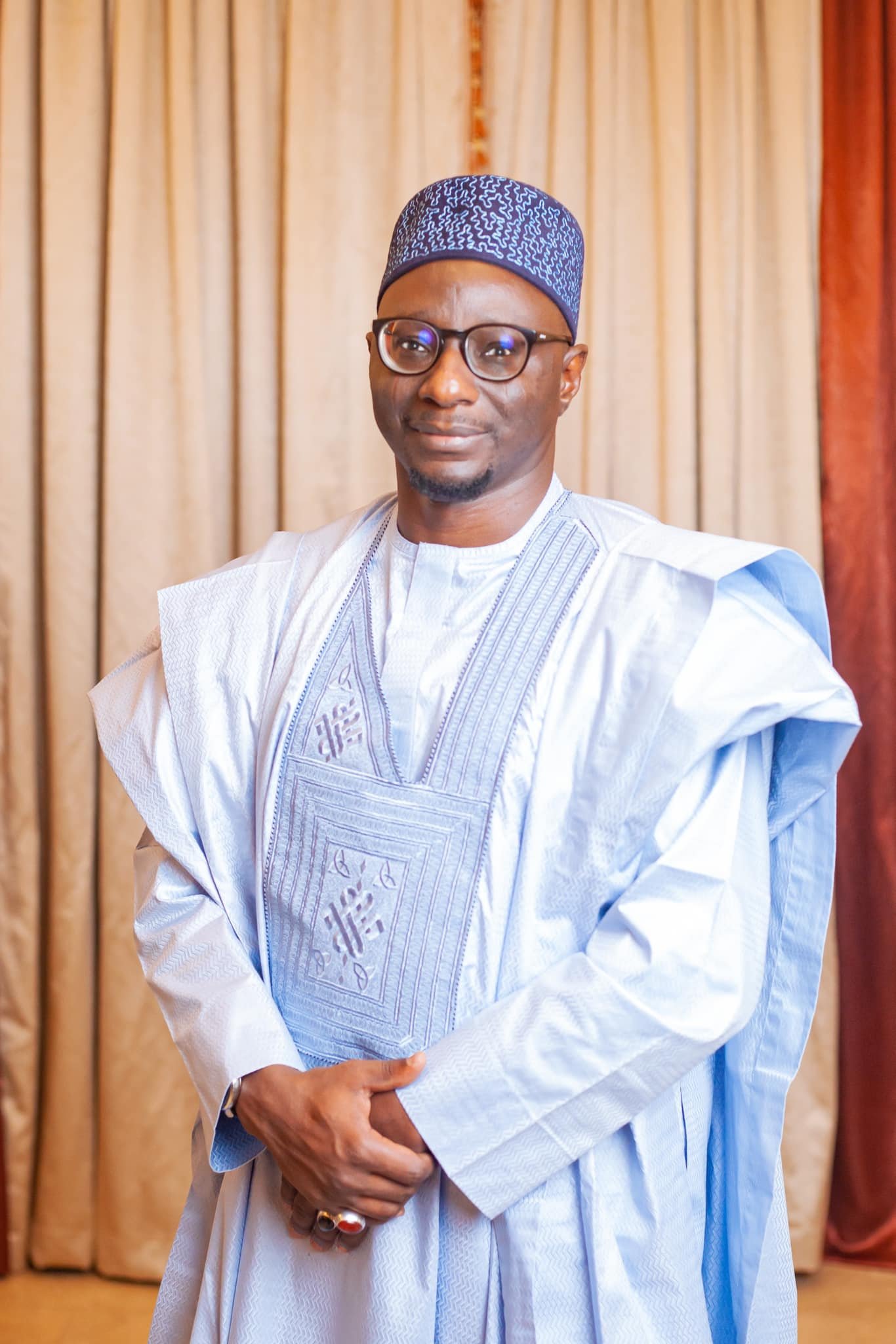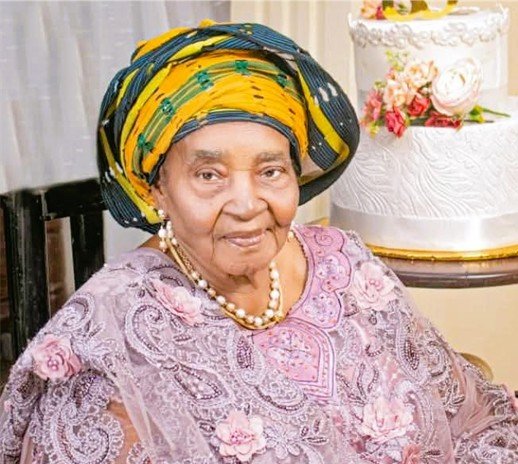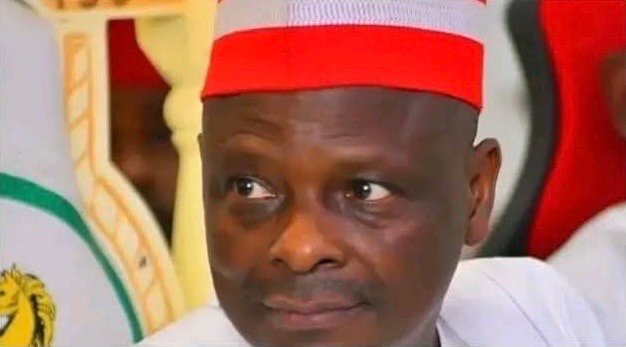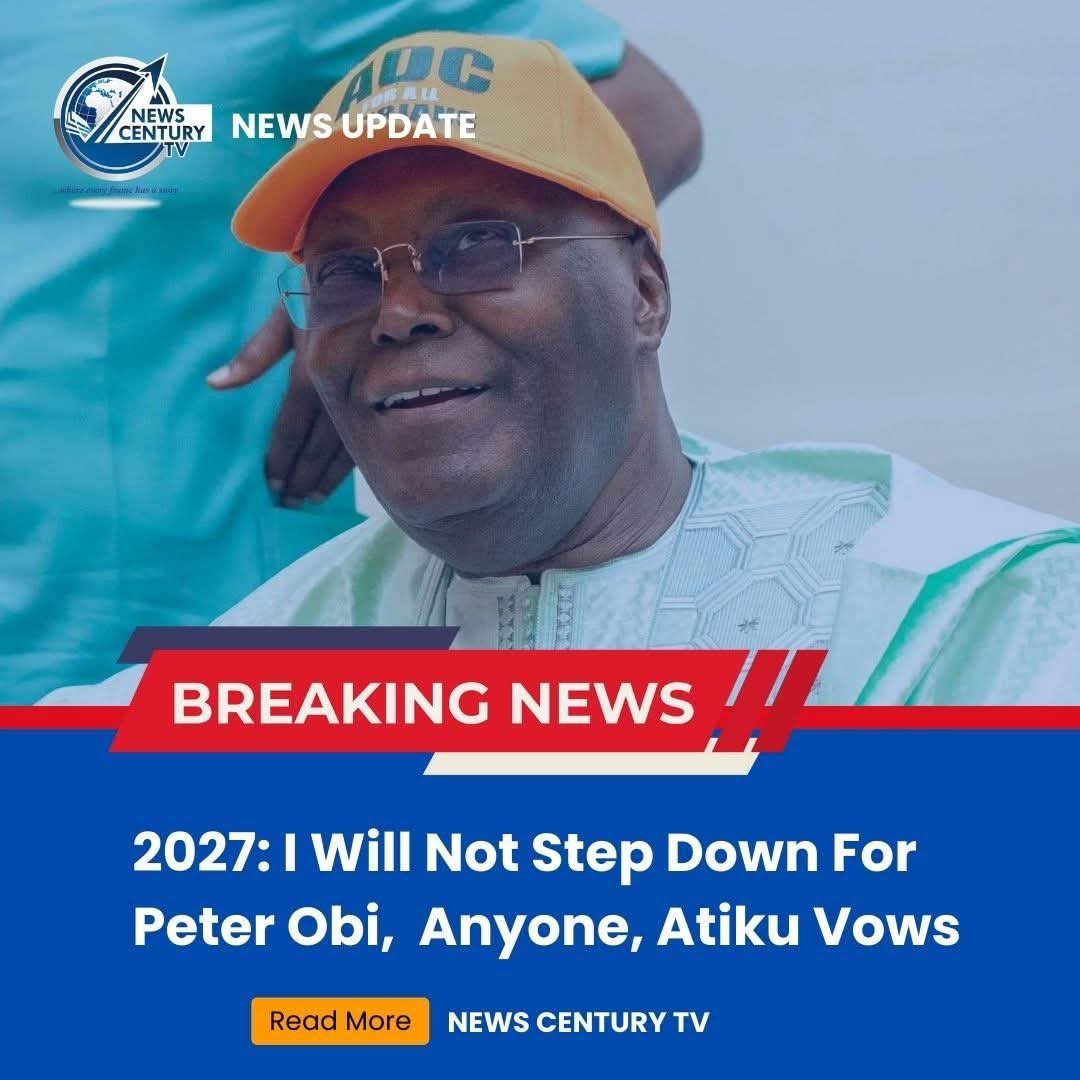
INTRODUCTION:
The landscape of Nigerian politics is often characterised by fluid allegiances and opportunistic migrations. A striking contemporary example is the influx of prominent figures from former President Muhammadu Buhari’s inner circle into the African Democratic Congress (ADC). This migration, framed by its proponents as a principled stand for national interest following perceived marginalisation within President Bola Tinubu’s administration, demands critical scrutiny. Analysis reveals a pattern deeply resonant with the themes of ambition, amnesia, and consequence. This phenomenon extends far beyond Buhari’s APC, representing a recurring pattern mirrored by prior defections, such as from the Peoples Democratic Party (PDP) into the All Progressives Congress (APC) – all driven by self-preservation rather than national renewal. This paper argues that the ADC coalition, largely composed of individuals who held significant power for eight years under Buhari and similar political migrants, exemplifies a profound political amnesia. Their collective histories in power – marked by elitism, self-interest, underperformance, and the neglect of foundational supporters – contradict their current narrative of altruistic reform, exposing a continuity of self-serving ambition that fundamentally undermines their claims to altruism and commitment to national renewal. The solution lies not in appeasing this recycled elite but in a fundamental shift towards direct accountability to the Nigerian electorate.
The Ascent and the Amnesia: Power Consolidation and Cross-Party Failure
The narrative of the Buhari presidency began with significant grassroots support, particularly from those disillusioned with the previous Peoples Democratic Party (PDP) administration. Many who formed his core inner circle, including ministers and influential party figures, rode this wave of popular hope. Their initial ascent was arguably fuelled by a mix of political grit, alignment with Buhari’s perceived anti-corruption stance, and the collective effort to secure an All Progressives Congress (APC) victory. However, attaining power triggered a perilous shift. This pattern of amnesia and self-interest is consistent across parties and defections:
1. The Buhari Cohort (APC to ADC): Upon securing positions of immense influence – ministerial portfolios, governorships, key party roles – a detachment set in. The struggles of the trenches, the reliance on grassroots mobilisers and ordinary supporters, faded from memory, succumbing to the Arrogance of Arrival. Power became perceived as a personal entitlement. Contrary to fostering a responsible and patriotic chain of trust, the dominant instinct became one of hoarding access and influence: Gatekeeping of Opportunity. It became impossible to access them except for those of the same status in a position of power or very wealthy individuals. The corridors of power were effectively closed to the very individuals and groups who had propelled the APC to victory. Cronyism, nepotism, and connections supplanted meritocracy. While framed within a government pledging reform, the focus for many shifted towards personal and political capital accumulation – the Siren Song of Materiality. The initial vision of national reform became secondary to safeguarding individual positions and accrued advantages. Their sudden shift to ADC, framed as patriotism, is transparently reactive to their diminished status under Tinubu, ignoring their complicity in creating the governance failures they now critique. The question remains stark: are their accusations against Tinubu not equally, if not more, applicable to their conduct while wielding power?
2. The PDP Exodus to APC (and Beyond): This pattern predates the Buhari era and mirrors the current migration. Numerous prominent figures, including former governors and even a former Vice President (number two in the nation), abandoned the PDP for the APC during its rise, citing principled opposition. Yet, their tenures, whether in their original parties or within the APC, often yielded little demonstrable benefit for national development. Some presided over states with questionable legacies of governance and development before joining the APC bandwagon. Their defection was less about ideology or national interest and more about aligning with perceived winning power – a move replicated now as they or their ilk migrate towards ADC or other platforms seeking relevance. Their tangible contributions to national progress while holding the highest offices remain debatable, raising serious questions about their primary motivations, demonstrating a consistent pattern of self-interest.
The Common Thread: Self-Interest Over Service and Its Consequences.
Whether migrating from PDP to APC in the past or APC to ADC now, the underlying drivers are disturbingly similar: Power Consolidation over Principle, where positions built personal fiefdoms and patronage networks, sidelining grassroots supporters and merit; Material Pursuit over National Progress, where resources channeled towards political structures and personal enrichment outweighed public good; Amnesia of Origin, forgetting struggles, supporters, and promises once power was attained, making loyalty transactional; and Reactive Defection, prompted by loss of influence, not genuine ideological shifts or accountability. The claim that it is all about Nigeria is a cynical rebranding exercise. The cumulative impact of this endless carousel is catastrophic, leading to Betrayal of the Base as grassroots supporters were sidelined and stifled.
Progress is frustrated as gatekeeping hampered governance and reform by sidelining competence and merit; Deepened Public Cynicism as the electorate witnesses elites prioritising personal survival, breeding profound distrust; Stagnation and Underdevelopment as governance focus shifts from nation-building to manoeuvring; and Erosion of Trust in both specific actors and the political process. Furthermore, many of these migrating elites significantly overestimate their grassroots electoral value. Years of gatekeeping, underperformance, and detachment have eroded their real support base. Their structures are often hollow networks reliant on patronage, not genuine popular mandate. Many current governors, and party leaders across parties, command only marginal loyalty due to poor performance.
The Fall, Flight, and Strategic Imperative: Bypassing the Political Elite.
The transition from the Buhari administration to the Tinubu presidency proved a seismic shift for this entrenched inner circle. Finding themselves outside the new power nexus, experiencing a loss of influence, and feeling marginalised (insecure), they faced the consequences of their prior isolation. Their response was not introspection, but a strategic migration to the ADC, framed publicly as rescuing Nigeria from Tinubu’s flaws.
Deep Analysis:
Contradiction, Credibility Deficit, and the Path Forward;A critical analysis of this ADC coalition reveals profound contradictions and a significant credibility deficit:
1. The Hypocrisy of Critique: The central, damning question is pivotal: Are they accusing Tinubu today of actions they did not commit, if not worse, while they were holding sway? Having held immense power for eight years, they are undeniably complicit in current systemic failures. Their critique of Tinubu rings hollow without candid acknowledgement of their roles. Their silence speaks volumes.
2. Continuity of Self-Interest: The rapid formation of this ADC coalition, driven by perceived personal and political insecurity rather than a demonstrable ideological shift, suggests self-preservation and pursuit of relevance remain the primary motivators. The claim that it is all about Nigeria appears as a convenient rebranding, masking the same self-interest evident under Buhari.
3. Lack of Demonstrated Reform: Having had eight years to actualise Buhari’s dream of reforming Nigeria from within, and having instead focused on power consolidation and building walls around themselves, these actors offer no evidence of genuine transformation. Their move seems like seeking a new platform to regain lost influence.
4. Exploiting Public Discontent: This coalition seeks exploiting genuine public frustration for its rehabilitation, without addressing their contribution to existing problems, warning Nigerians against being deceived a second time.
President Tinubu Faces A Critical Choice: Continue The Futile Cycle Of Appeasing Disgruntled, Recycled Political Elites Or Forge A New Path Centred Directly On The Nigerian People. The Strategic Imperative Is Clear:
1. Prioritise Direct Connection with the Electorate: Shift focus decisively from managing elite defections to rebuilding trust directly with the grassroots – youths, women, and ordinary citizens. Their loyalty, earned through tangible results, is more valuable and enduring than the conditional support of displaced political elites.
2. Deliver Development Directly: Utilise federal mechanisms to deliver projects, social interventions, and empowerment programmes directly to communities, bypassing potentially obstructive state governors. This builds a personal federal connection and reduces dependence on gubernatorial gatekeepers whose 2027 loyalty is unpredictable.
3. Embrace Merit and Patriotism Beyond Traditional Circles: Appoint competent, patriotic Nigerians of proven integrity and capacity, irrespective of status, tribe, religion, or prior affiliation. Look beyond the usual party suspects. True loyalty to the nation fosters innovation and rebuilds credibility.
4. Recognise the 2027 Battlefield: Understand the next election will be a defining conflict between an energised, discontented populace demanding accountability and a desperate political elite clinging to relevance. Do not be deceived by the fake cloud of superiority projected by recycled figures lacking real grassroots support. Their value is illusory; the people’s power is real.
CONCLUSION:
The Unlearned Lesson, the Perilous Cycle, and National Survival.
The migration of elites from PDP to APC and now Buhari’s circle to the ADC is not political evolution; it is symptomatic of a systemic rot where self-interest is the only constant. It is a stark manifestation of political amnesia within Nigerian politics. Their tenure was marked by forgetting their origins, breeding arrogance, gatekeeping, and prioritising self over service. The consequence was betrayal of trust, stifled national potential, and their eventual marginalisation. Their collective amnesia has bred cynicism and stagnation.
Their current attempt to rebrand as champions of the people, without confronting their record or demonstrating genuine reform, exposes a fundamental continuity of self-interest. It highlights the cyclical nature of Nigerian politics where elite ambition, detached from accountability, perpetuates failure. President Tinubu stands at a crossroads. Chasing the conditional support of these recycled elites, devoid of genuine mandate and burdened by questionable legacies, is a strategic dead end that perpetuates the crippling cycle.
The only sustainable path is a radical reorientation towards the Nigerian electorate. By delivering visible development directly, empowering communities, appointing based on merit and patriotism, and building unmediated trust with the grassroots, Tinubu can forge a distinct legacy. The profound truth remains: enduring value and genuine legacy are built on Building Human Capacity, Fostering Meritocracy, Establishing Chains of Trust, and Understanding Interdependence. The ADC coalition shows little evidence of learning this lesson. Their story is a cautionary tale of power without responsibility. For Nigerian democracy to progress, it must move beyond recycling elites whose primary legacy is the walls they built around themselves. The perilous summit cannot be overcome by joining different factions of the same climbers. It is overcome by returning to the ground, rebuilding the path with integrity, and ensuring it serves the many. The future depends on breaking this carousel, ensuring power finally serves the people. Loyalty to country must supersede loyalty to clique. The descent from grace is inevitable when the climb is marked by isolation and self-interest. The 2027 reckoning approaches, and the Nigerian electorate would do well to heed this lesson.
Dr. Ibrahim Bello Dauda (EL-DABI)
A Strategist, Policy Analyst, Critical Thinker, Researcher & Citizens Advocate
ibdauda09@gmail.com




